Land grabbing for food and biofuel: a case of MIFEE
- PAN AP
- 18 October 2012
This case study is done by Aliansi Gerakan Reforma Agraria (AGRA) in close coordination with the Pesticide Action Network Asia and the Pacific (PAN AP).
This case study is done by Aliansi Gerakan Reforma Agraria (AGRA) in close coordination with the Pesticide Action Network Asia and the Pacific (PAN AP).
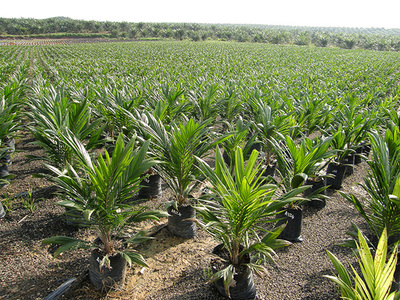
In 2010 alone, land-clearing for oil palm plantations in Kalimantan emitted more than 140 million metric tons of carbon dioxide – an amount equivalent to annual emissions from about 28 million vehicles.

This article is part of a series of feature stories on land grabbing in selected countries in Asia, as part of an awareness-raising campaign on how land grabs worsen hunger, in commemoration of 'World Foodless Day' on October 16 by PAN AP and its partner organisations. (http://www.panap.net/wfd)
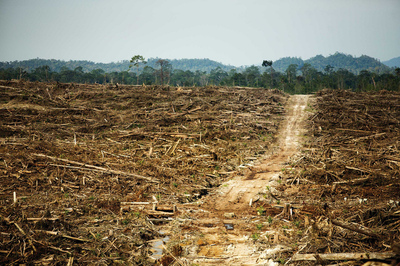
The credibility of the international Roundtable on Sustainable Palm Oil (RSPO) has been called into question over its failure to act against a company bulldozing ancestral forests and perpetrating human rights abuses in Indonesia.
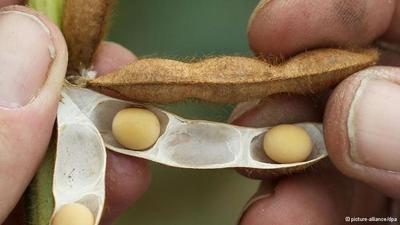
Soy farming in Argentina is often linked to land-grabbing and displacement of small-scale farmers. Aid organizations are demanding action from German Agriculture Minister Ilse Aigner during her trip to South America.
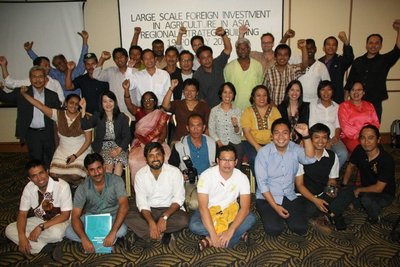
Participants from various communities shared documented cases, stories and photos of how large-scale investments of local and foreign owned companies are displacing communities and how people oppose such type of investments.
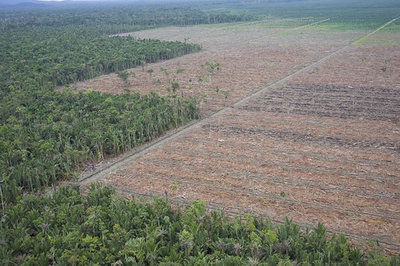
Resource conflicts are building in the southernmost part of West Papua, as agribusiness companies stealthily invade the forests, leaving its people dispossessed.

The situation in Indonesia, where only a fraction of development projects associated with these transactions are ever implemented, is significant for wider discussions about ‘land grabbing’ around the world.
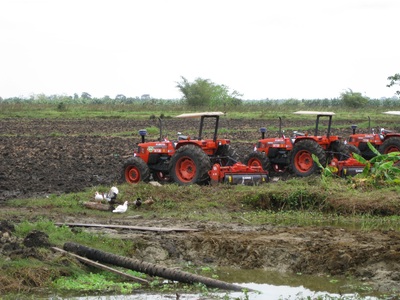
The Indonesian government’s long-discussed plan to launch a massive food estate in Merauke, Papua, in a bid to boost the nation’s food production is facing uncertainty amid land acquisition problems, a top ministry official says.

La moitié de l'argent levé en bourse sera destiné à la replantation, mais aussi à l'extension des surfaces chez le voisin indonésien et en Afrique, où le coût du foncier est moins élevé qu'en Malaisie.
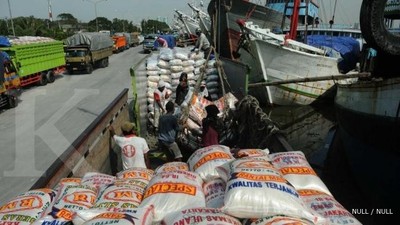
Perusahaan manufaktur makanan ini rajin mengakuisisi sejumlah perusahaan di sektor pertanian dan perkebunan
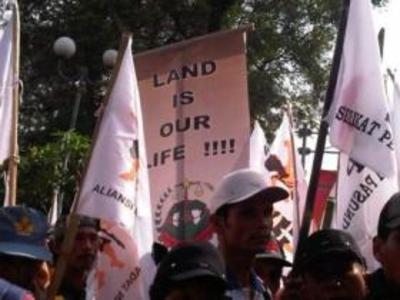
The PRI for Farmland are supposed to an opportunity for communities and CSOs to assess the performance of investors in farmland against a set of voluntary standards, but fall short of what’s needed to hold companies properly to account.

|
Obsolètes, les réformes agraires ?
|